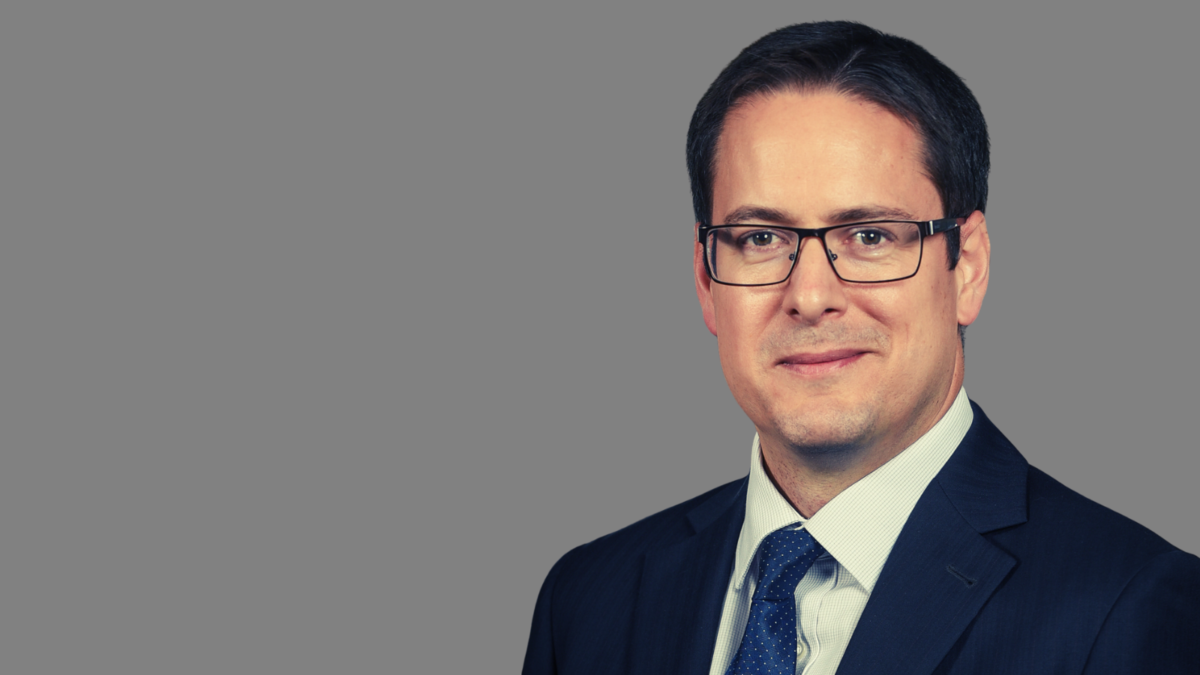If you’re looking for diversification in PE, keep looking
According to Harry Markowitz, the grandfather of modern portfolio theory, diversification “is the only free lunch” in finance. But if investors have been looking for it in private equity they haven’t been getting it, says Philip Seager (pictured), head of absolute return at Capital Fund Management (CFM). Private equity is “equity risk premium plus leverage plus illiquidity premium” and a sprinkling of factor exposures – but it’s still essentially equity risk premium, Seager says.
“If you have equities that are performing very well than what you want to do is leverage up on equities,” Seager says. “There’s behavioural effects caused by this positive statistical fluctuation (in markets). So there’s a certain amount of FOMO; if you’re brave enough to diversify away from equities which are fluctuating up and continue to fluctuate up and having diversified into something that is not fluctuating up, there’s genuine career risk.”
“It’s a brave move to diversify out of something within that positive statistical fluctuation. Whereas private equity still has the smell of equities; when they’re going up, you’re in a leveraged version of it… You’re doubling up on your main bet.”
And while PE managers and their investors are happy with the illiquid nature of the asset class and the smoothing effect that infrequent valuations have on returns, Seager – while conceding that it would be preferable that everybody just lock up money for long periods of time – questions whether that makes PE an inherently better choice over something with regular liquidity.
“People feel more comfortable with something that’s illiquid just because you don’t mark-to-market; you’re in denial, almost; you’re ignorant of what’s happening to the valuation of that,” Seager says. “You’re just investing in something that arbitrages the behavioural bias that people have, and paying a hell of a lot of fees for that.”
“People say that they like liquidity in investment and yet they’re happy to invest in things that are illiquid. It may be better in that it forces people to be disciplined… But when you’re in a financial crisis, which would you prefer: something you can liquidate in a day or a week or a month, or private equity?”
The reversal of the negative correlation between bonds and equities – a negative correlation that hasn’t been a constant in the long history of the two asset classes and which had its most recent emergence in the low inflation era – means that particular diversification lever is no longer the obvious one.
While hedge funds have got a bad press, Seager says, “a lot of it self-inflicted” and a lot of it due to the atypical environment investors have been in for the last decade, they can still provide actual diversification (though the Your Future Your Super performance test and other fee regulations make it harder for super funds to invest in them).
“Diversification to most people means that when equities are down they expect firms like CFM to be up; when equities are up they expect us to be up,” Seager says. “That’s not what diversification is; that’s expecting a miracle, and that’s not the same thing. It’s a very subtle point, and the market has had 10 years of this statistical fluctuation and 10 years of thinking that the only way to get value is to look at fees, which are in your face – they’re an obvious thing to focus on.”
“In order to get diversification – to genuinely have a P&L that has no correlation with the market itself, you need to introduce short positions… An investment in private equity doesn’t give you that; an investment in something like equity market neutral, like macro funds, like CTAs provides you with this. That’s genuine diversification – that’s where you get the free lunch of Harry Markowitz.”











